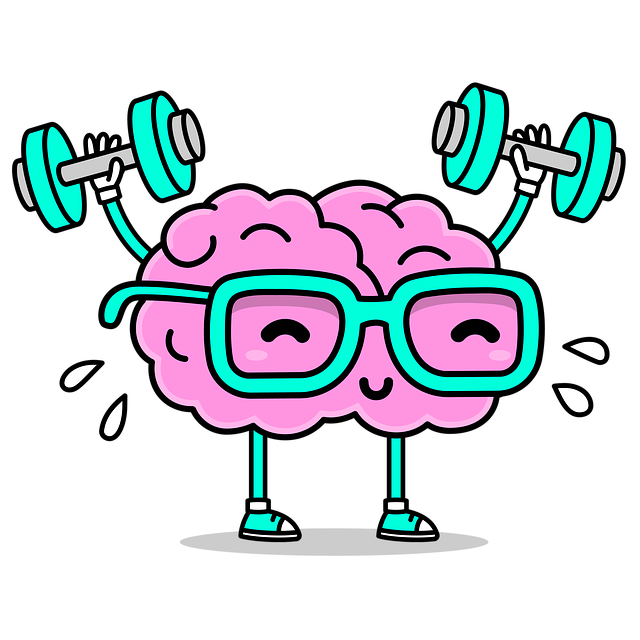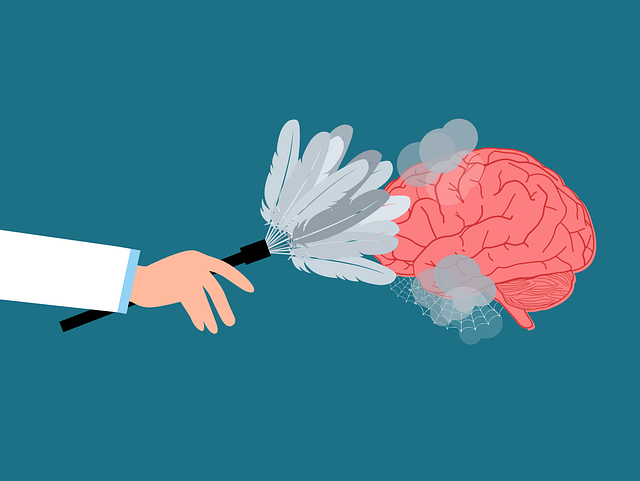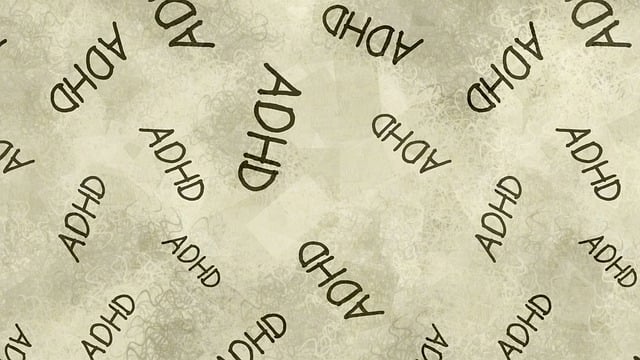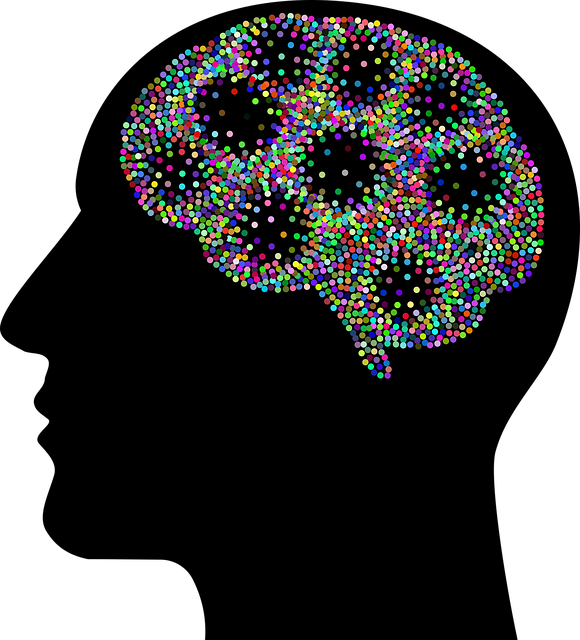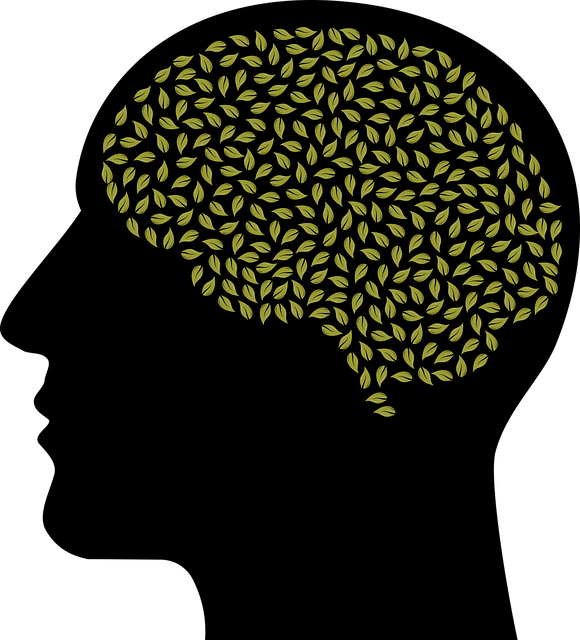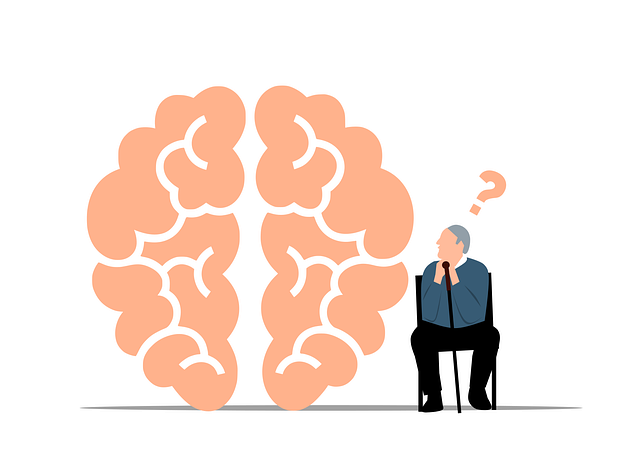Mental health advocacy, exemplified by initiatives like "Building Bridges" in Boulder, is vital for creating a society that prioritizes emotional well-being and resilience. By challenging stigmatizations, promoting understanding, and ensuring access to quality care, these efforts support individuals seeking services like Boulder Russian Speaking Therapy (BRS). BRS offers culturally sensitive therapy, empowering Russianspeaking residents with inner strength and coping strategies through evidence-based practices. Advocacy programs enhance community resilience by bridging cultural gaps and providing tailored mental health resources, fostering open conversations, and promoting holistic self-care practices.
Mental health advocacy plays a pivotal role in fostering inclusive communities and ensuring everyone receives necessary support. This article explores initiatives that bridge the gap between individuals in need and accessible resources, such as Boulder Russian Speaking Therapy, highlighting innovative community engagement strategies. We delve into understanding mental health advocacy’s significance, its impact on diverse populations, and provide practical strategies for effective campaigns. Discover how these efforts revolutionize mental healthcare accessibility.
- Understanding Mental Health Advocacy: The Need for Awareness and Support
- Boulder Russian Speaking Therapy: A Unique Approach to Community Engagement
- Building Bridges: Connecting with Diverse Communities through Advocacy
- Strategies for Effective Mental Health Advocacy Initiatives
Understanding Mental Health Advocacy: The Need for Awareness and Support

Mental health advocacy initiatives are crucial for fostering a society that prioritizes emotional well-being and mental resilience. Advocacy plays a pivotal role in challenging stigmatizations, promoting understanding, and ensuring access to quality care for all. In today’s world, where mental health issues impact individuals across diverse communities, including those seeking Boulder Russian Speaking Therapy, raising awareness becomes an essential step towards creating positive change.
The need for advocacy stems from the lack of public awareness campaigns that can educate people on recognizing signs of distress and encouraging open conversations about mental health. By increasing visibility and breaking down barriers, advocates contribute to the development of more inclusive support systems. This, in turn, facilitates smoother emotional healing processes, ensuring individuals receive timely interventions and support tailored to their unique needs.
Boulder Russian Speaking Therapy: A Unique Approach to Community Engagement

In Boulder, a unique community engagement initiative stands out—Boulder Russian Speaking Therapy. This innovative program offers a specialized approach to mental health advocacy, catering specifically to the Russian-speaking population. By bridging the gap in accessible therapy options, it empowers individuals to cultivate inner strength and develop effective coping mechanisms. The therapy incorporates powerful mind over matter principles, enabling clients to regulate their emotions and navigate life’s challenges with resilience.
Through its dedicated efforts, Boulder Russian Speaking Therapy fosters a safe and supportive environment, where cultural sensitivity meets therapeutic excellence. This tailored initiative not only addresses the unique needs of the Russian-speaking community but also promotes emotional well-being and self-discovery, ultimately enriching the mental health landscape in Boulder.
Building Bridges: Connecting with Diverse Communities through Advocacy

Mental health advocacy plays a pivotal role in fostering understanding and breaking down barriers within diverse communities. One such initiative, “Building Bridges,” aims to connect with various cultural groups, including the Russian-speaking community in Boulder. This program recognizes that mental health services should be accessible and tailored to meet the unique needs of each individual. By offering specialized therapy, like Russian Speaking Therapy in Boulder, advocates ensure that ethnic minorities receive support in their native language, promoting better engagement and outcomes.
Through these advocacy efforts, communities can collaborate to implement effective self-care practices and stress management techniques. By educating and raising awareness about mental health, they can also facilitate a risk assessment process for professionals, ensuring the well-being of both service providers and clients. Such initiatives bridge the gap between diverse populations and essential mental health resources, ultimately enhancing overall community resilience.
Strategies for Effective Mental Health Advocacy Initiatives

Mental health advocacy initiatives require a multi-faceted approach to effectively address the unique challenges faced by diverse communities. One key strategy is to provide accessible and culturally sensitive mental healthcare services, tailored to meet the specific needs of various populations, such as the Russian-speaking community in places like Boulder. This involves ensuring Boulder Russian Speaking Therapy options are readily available, along with promoting Cultural Sensitivity in Mental Healthcare Practice.
Additionally, empowering individuals through Mental Wellness Journaling Exercises can be a powerful tool for self-reflection and stress management. By incorporating these exercises into advocacy efforts, initiatives can support individuals in developing coping mechanisms and enhancing their overall mental wellness. This holistic approach ensures that advocacy goes beyond awareness and actually equips people with the resources they need to thrive.
Mental health advocacy initiatives, like Boulder Russian Speaking Therapy, play a pivotal role in fostering inclusive communities. By understanding the need for awareness and support, connecting with diverse populations, and employing effective strategies, we can revolutionize mental healthcare accessibility. These efforts ensure that everyone, regardless of background or language, receives the necessary help for their well-being. Through advocacy, we build bridges to a healthier and more compassionate society.

